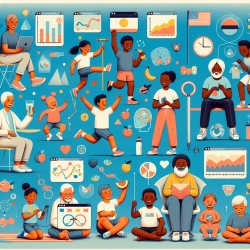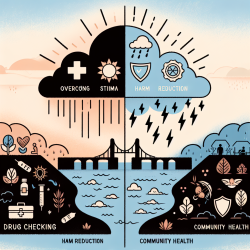The transition to clean cooking fuels is not just a matter of convenience; it is a critical step towards improving health outcomes, reducing environmental impact, and fostering sustainable development in low- and middle-income countries. The research article "Supply Considerations for Scaling Up Clean Cooking Fuels for Household Energy in Low- and Middle-Income Countries" by Puzzolo et al. provides an insightful analysis of the supply chain considerations necessary to make this transition possible.
The Importance of Clean Cooking Fuels
Access to clean cooking fuels is essential for reducing household air pollution, which is a significant health risk in many developing regions. The World Health Organization has emphasized the need to shift from solid fuels to cleaner alternatives to improve indoor air quality and reduce health hazards. This shift is also aligned with the Sustainable Development Goal 7, which aims to ensure universal access to affordable, reliable, and modern energy services by 2030.
Challenges in Scaling Up
The research highlights several challenges in scaling up the supply of clean cooking fuels:
- Infrastructure: Developing the necessary infrastructure for production, distribution, and storage of clean fuels such as LPG, electricity, alcohol fuels, biogas, and compressed biomass pellets.
- Policy and Regulation: Implementing supportive policies and regulations that encourage investment and innovation in clean fuel technologies.
- Sustainability: Ensuring that the supply chains are environmentally sustainable and economically viable in the long term.
Opportunities for Practitioners
The study offers several opportunities for practitioners looking to improve their skills and contribute to the transition towards clean cooking fuels:
- Engage with Policy Makers: Collaborate with government officials to advocate for policies that support clean energy initiatives.
- Pursue Further Research: Investigate innovative solutions for overcoming supply chain barriers and enhancing fuel accessibility.
- Cultivate Partnerships: Build partnerships with local communities, NGOs, and private sector stakeholders to facilitate the adoption of clean cooking technologies.
A Call to Action
The transition to clean cooking fuels is not just an environmental or health issue; it is a socio-economic imperative that requires collective action from researchers, policy makers, practitioners, and communities. By addressing the supply chain challenges and leveraging opportunities for collaboration and innovation, we can create a future where every household has access to safe and sustainable cooking energy.










